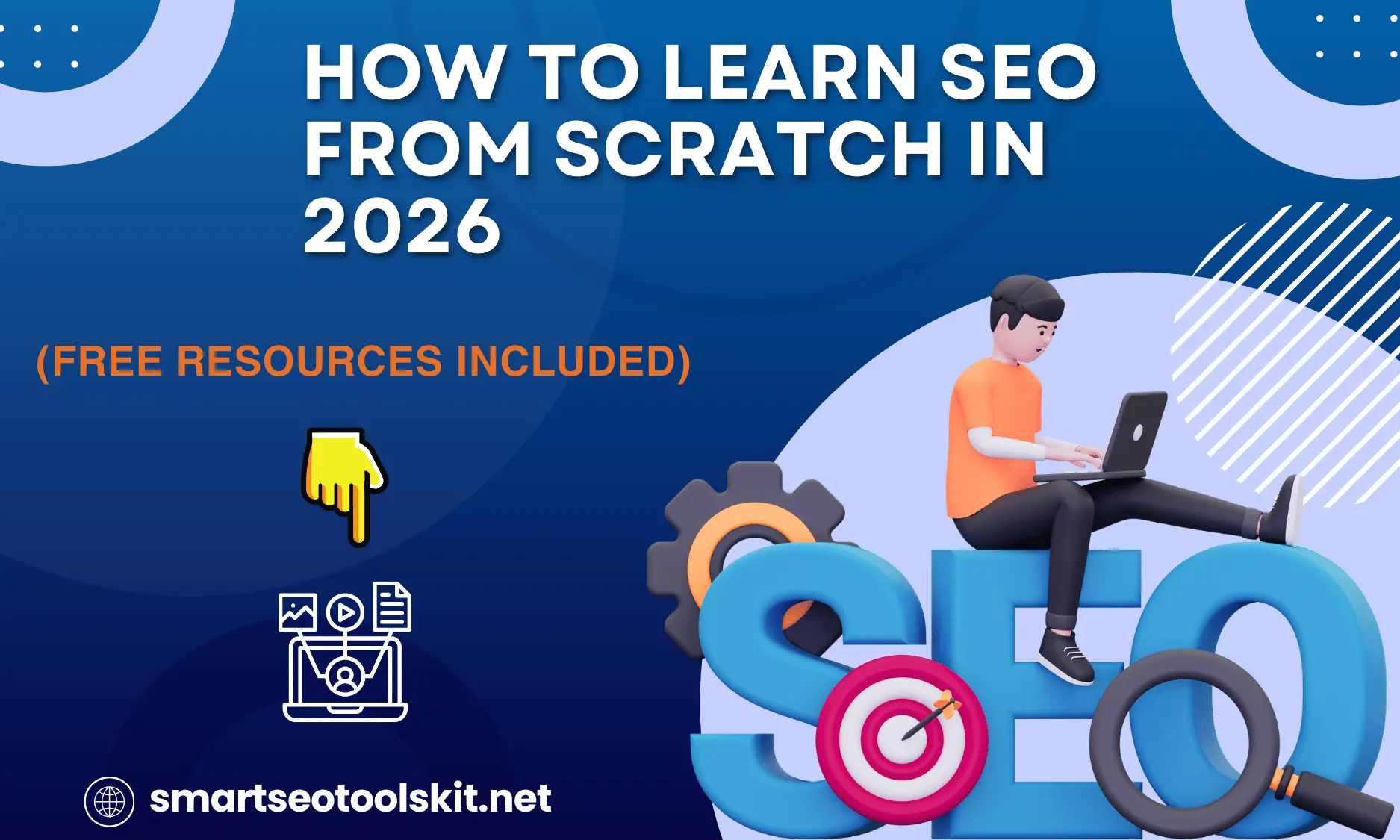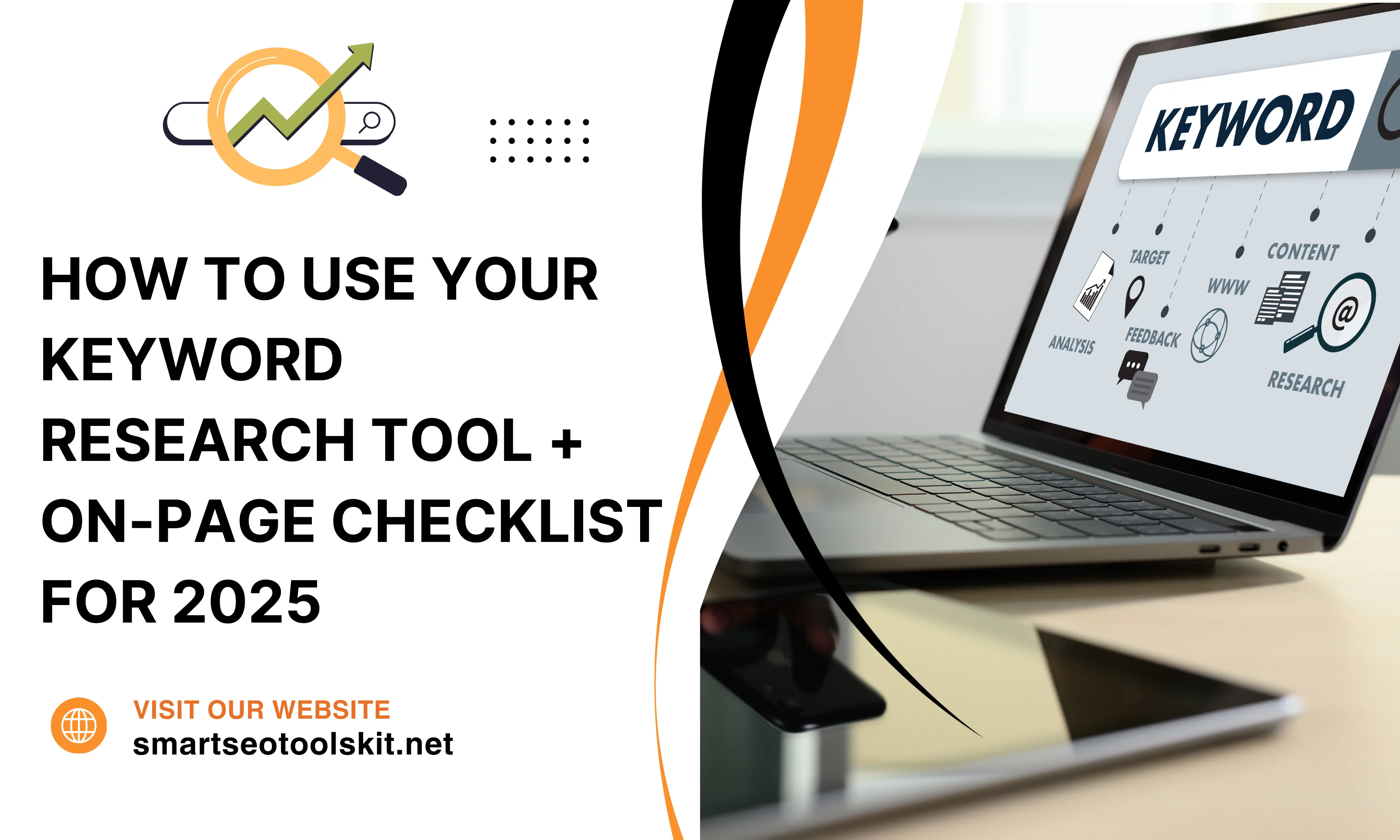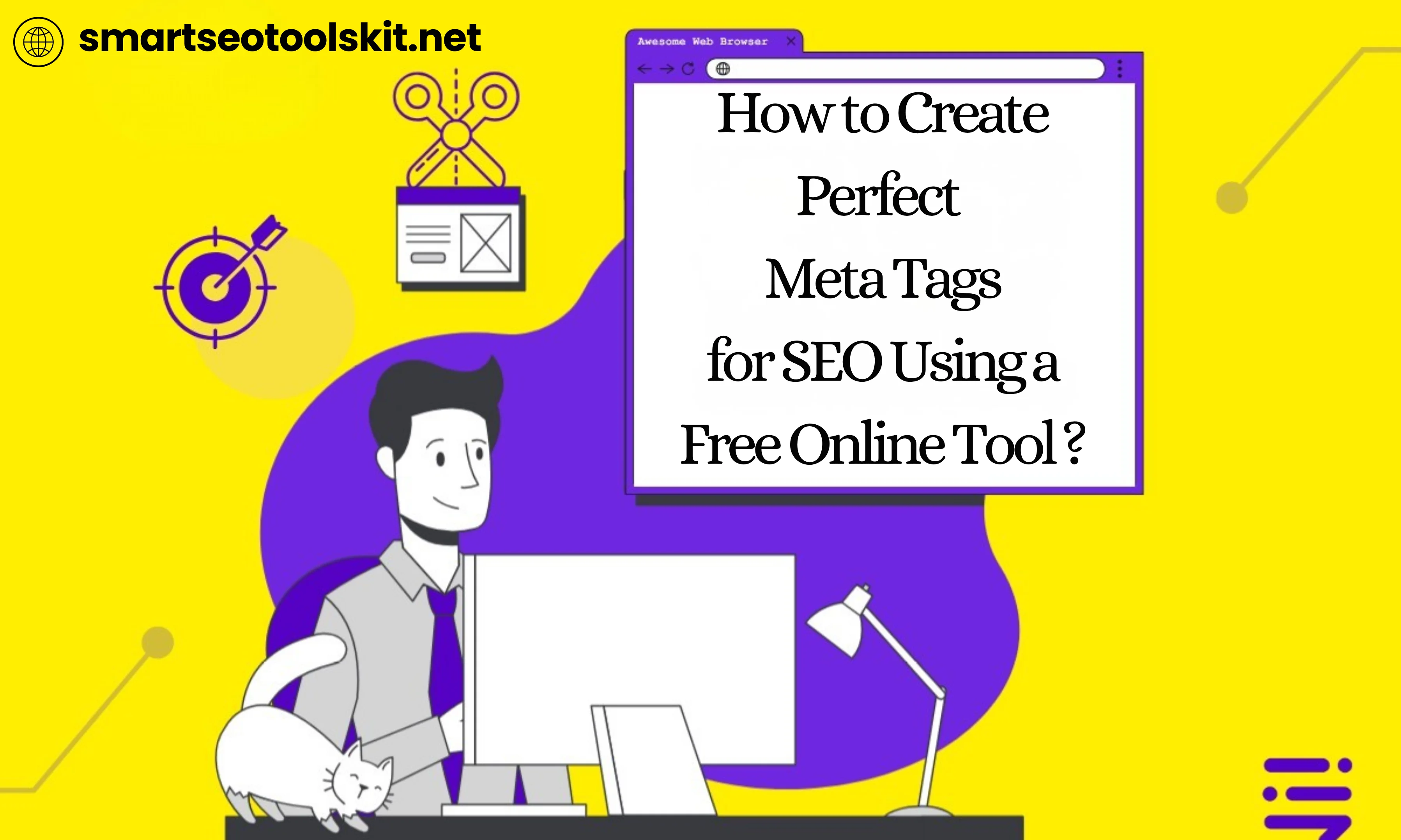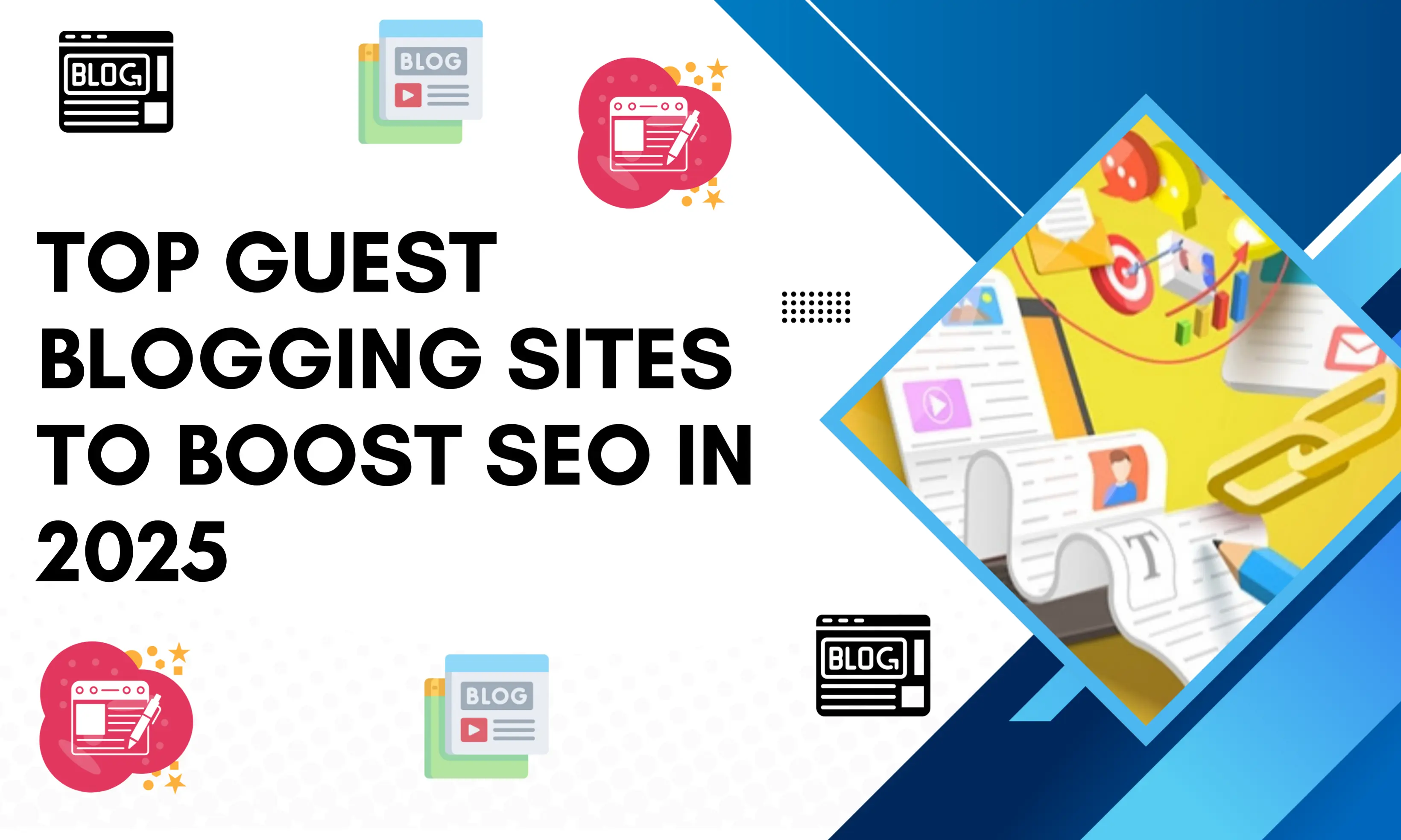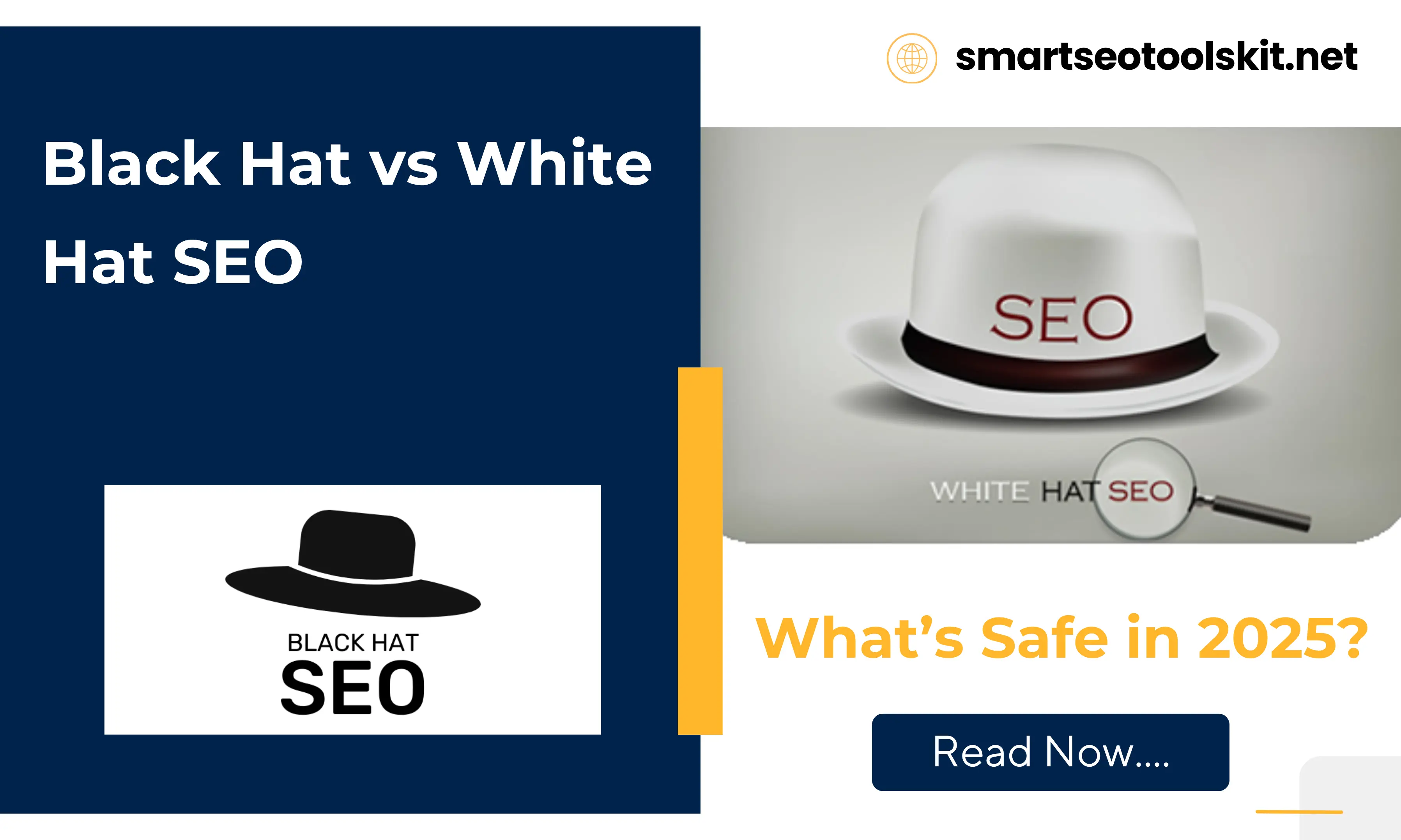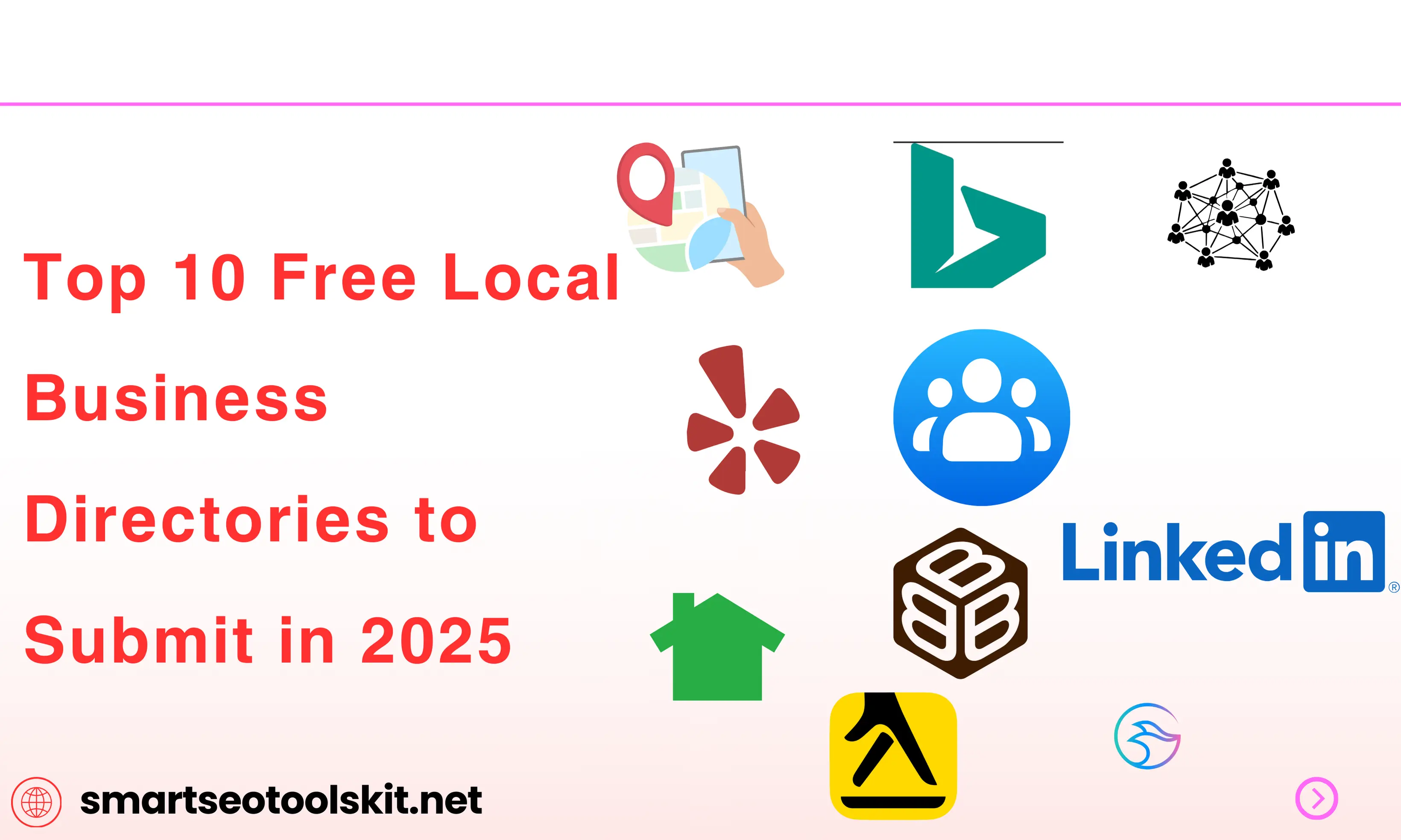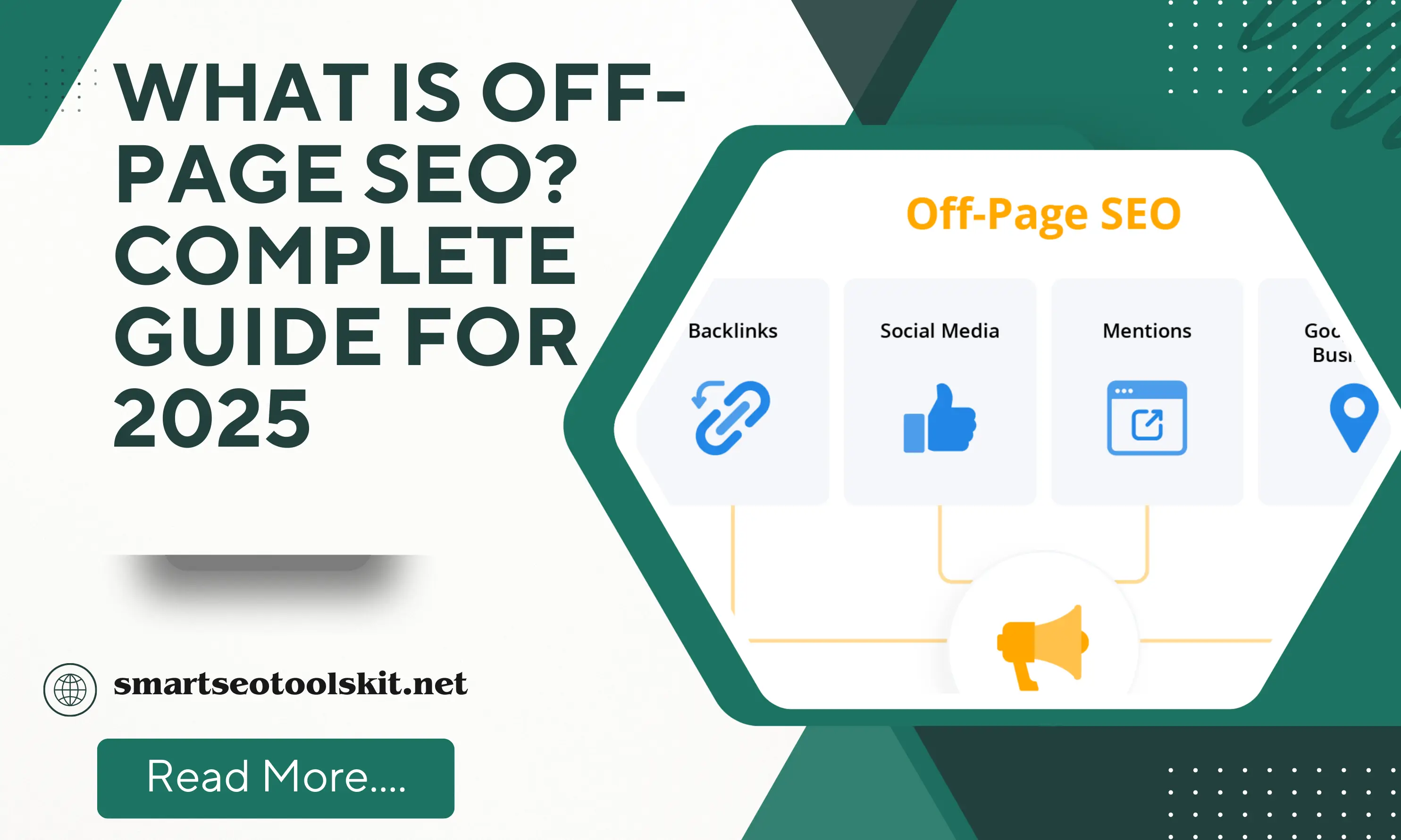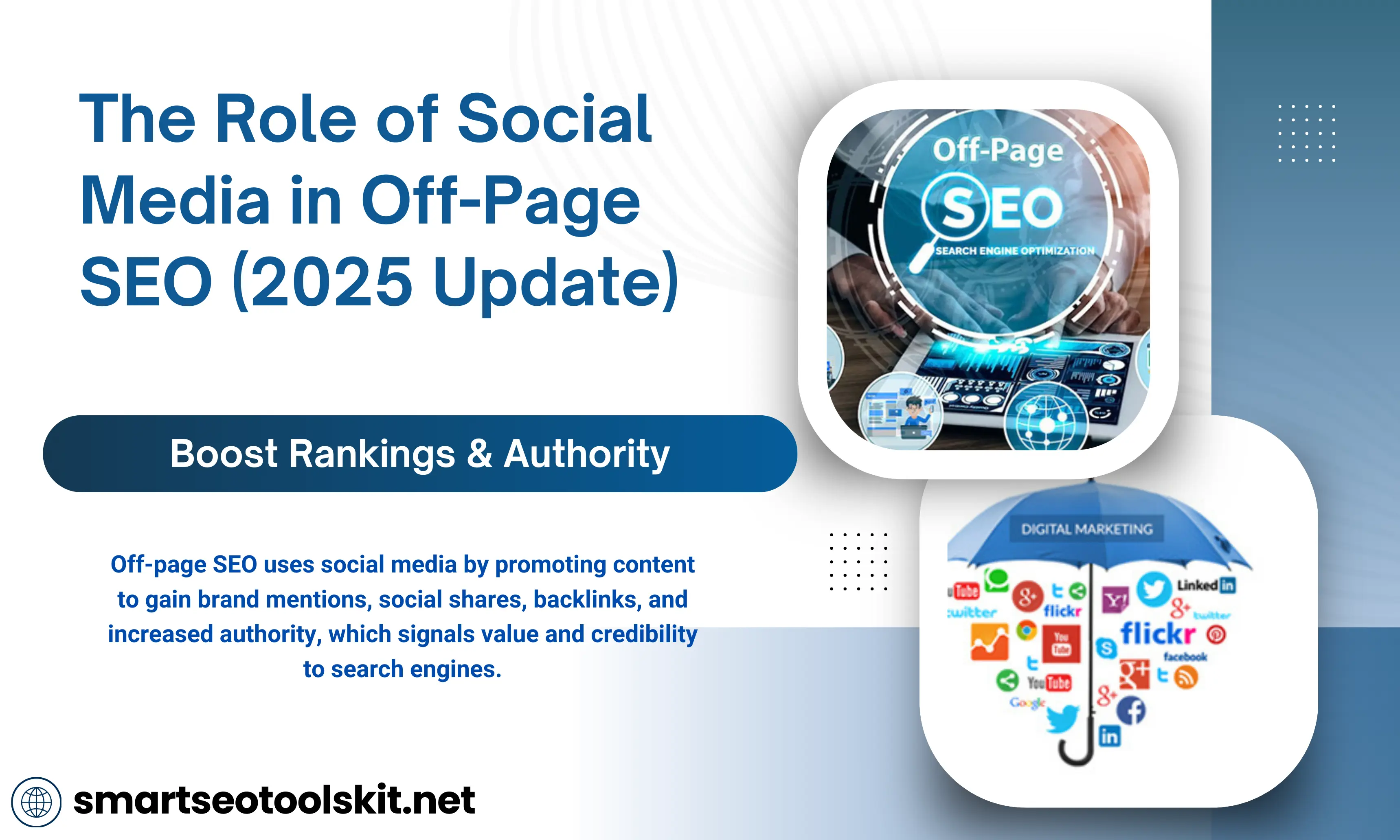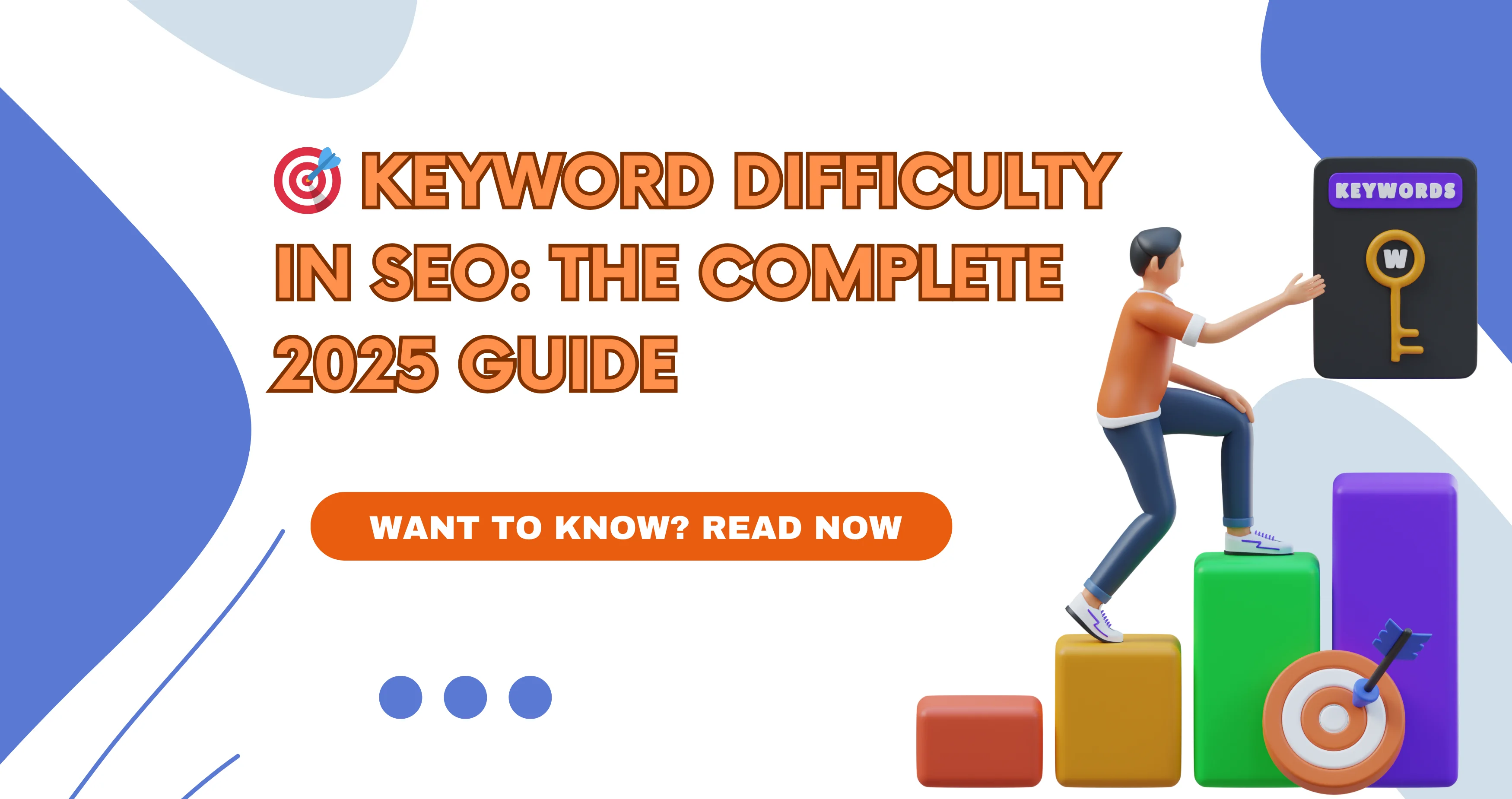Today, one of my friends, Alex, asked me an interesting question:
“Can you explain how the new Helpful Content update impacts keyword optimization?”
Great question, Alex! This is a topic that often comes up, especially when websites face penalties, experience stagnation, or lose their search rankings.
First, let us talk about the essence of keyword optimization. The core principle here is to optimize for solutions and topics, rather than just keywords. This has always been the foundation of effective SEO, and the Helpful Content update by Google reinforces this approach even more.
To ensure that Google knows when to display and rank your page, you must optimize for a solution and a topic that benefits the searcher who lands on your page. This means creating content that genuinely addresses the needs and queries of your audience.
Keywords are essential because they help search engines understand your content. When these keywords align with the language your customers use, your content becomes relatable, which can boost conversions because you are speaking your customers language. However, do not get too caught up in keywords. Instead, focus on delivering genuine value.
If your goal is traffic and conversions, concentrate on the searcher intent. When you do this, keywords will naturally fit into your content in a way that resonates with real customers. Intent-driven content not only satisfies users but also aligns with search engine algorithms that prioritize user experience.
Let us break this down with an example and then refine it to avoid keyword stuffing. This is crucial for maintaining the balance between relevance and readability.
If the keyword is “running shoes,” here is what you should not do:
- Title Tag – The Best Running Shoes from Running Shoe Store.
- H1 Tag – Running Shoes from the Top Running Shoe Shop.
- Blurb – “We sell the most comfortable running shoes available. Each pair of running shoes comes in various styles including trail, road, and track. Shop below to find the best selection of running shoes in different materials and designs.”
This approach overuses the keyword phrase, which is detrimental to your SEO efforts.
Modern search engines understand context and page structure, so excessive keyword variations are not necessary. They can identify the product, service, or content based on context. Therefore, the goal should be to create content that naturally integrates keywords within a meaningful context.
A useful practice is to have someone unfamiliar with your content read it. If they look confused or laugh because of repetitive phrases, you have likely overused keywords and need to rewrite it. This can help gauge the natural flow and readability of your content.
Pro tip: You do not need to spend a lot on focus groups. Coffee shops and cafes, with a regular influx of people, are great places for quick feedback. Offer to buy their coffee in exchange for a few minutes of their time. This approach provides diverse and honest feedback from real people, which can be invaluable for refining your content.
Here is how to convey the same message in a more SEO-friendly manner:
- Title Tag – Comfortable Running Shoes for Every Terrain.
- H1 – Running Shoes for All Types of Runners.
- Blurb – “Looking for the perfect pair of running shoes for your next race or trail run? You are in luck. At XYZ brand, we offer a wide selection of running shoes in various materials and styles to suit every runners needs.”
This version speaks to the reader and assures them you have a solution for their running shoe needs. It emphasizes the benefits and variety without overloading on keywords.
From my experience, relevance in a header tag carries through to the content below. So, if the H1 tag is “Running Shoes,” describe their purpose and uses instead of keyword stuffing. Modern search engines can connect the context, ensuring your content remains coherent and user-friendly.
Pro tip: Consult your customer support and warehouse teams about common return reasons for running shoes. Addressing these issues on your site can reduce returns and customer support queries. This proactive approach not only improves user satisfaction but also enhances your content relevance and usefulness.
Common issues might include:
- Discomfort after long runs.
- Incorrect fit or sizing.
- Durability concerns.
- Mismatch with online photos.
- Delays in shipping.
Use this feedback to create a keyword cloud or use AI tools to identify common phrases. Integrate these insights into your product descriptions, FAQs, and blurbs to address customer concerns and improve relevance. This method helps ensure your content is comprehensive and directly addresses customer pain points.
Here is what an optimized page might look like:
- Title – Durable Running Shoes in Various Styles & Materials.
- H1 – Running Shoes That Last.
- Blurb – “From road races to trail adventures, our XYZ brand running shoes offer durability and comfort in sizes from XS to XXL. Enjoy fast shipping and shop our collection for the best fit and style.”
Add FAQs relevant to running shoes, ensuring they address specific issues related to the product. For example:
One that can go on the page:
What should I know about the fit of your running shoes?
“Our running shoes are designed for a snug fit. If you are in between sizes, we recommend sizing up. Check our detailed sizing chart for more information.”
One that should not go on the page:
What is your return policy for shoes?
This is a general query and should be on the main FAQ page. Ensuring your FAQs are specific and relevant helps maintain focus and clarity on the product page.
Focusing on keyword stuffing can lead to penalties. Instead, aim to provide a good user experience and address the searcher intent to achieve better rankings. Here are some final tips:
- Analyze keyword groups to understand the broader search context.
- Match intent with page type (product, collection, blog post, comparison) to ensure alignment with user expectations.
- Create content that answers user questions thoroughly and accurately.
- Use images that meet consumer needs and enhance the overall content.
- Include helpful tips like sizing and care instructions to add value.
- Avoid keyword stuffing to maintain a natural and engaging flow.
I hope this helps clarify how to approach keyword optimization post-Helpful Content update. Thanks for your question, Alex!
Frequently Asked Questions (FAQs)
Q1: How does the Helpful Content Update change keyword optimization?
Google now prioritizes people-first, helpful content over keyword-stuffed pages or AI-generated fluff. That means keyword usage needs to be natural and aligned with actual user intent—focus less on density and more on satisfying searcher needs. Reddit+15
Q2: Should I still use AI-generated content with the update?
Yes—if it's edited and provides genuine value. Google no longer outright bans AI content, but it must be high-quality, human-reviewed, and add real insights rather than surface-level information. Semrush
Q3: What kind of keywords does Google favor post‑update?
Google favors intent-driven keywords, especially long-tail and conversational phrases that clearly match what users are searching for ("generative AI tips," "how to optimize blog posts"). Generic, vague keywords are less effective now.
Q4: Do I need to remove old content that's thin or irrelevant?
Yes—site-wide signals matter now. If your site contains poor-quality or unhelpful content, it can lower the performance of even your strong content. Audit and remove or upgrade low-value pages.
Q5: How often should I revisit keyword optimization under the new update?
Conduct frequent content reviews, especially for pages targeting evolving topics. Update keyword targeting based on fresh user inquiries, real search trends, and People Also Ask. Keep your content relevant, timely, and deeply helpful.
Related Tags :
.png)
